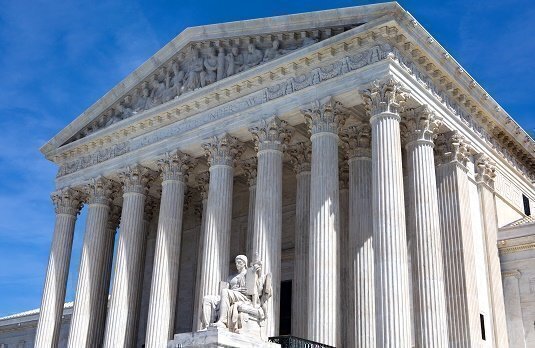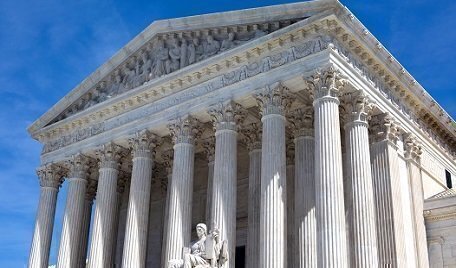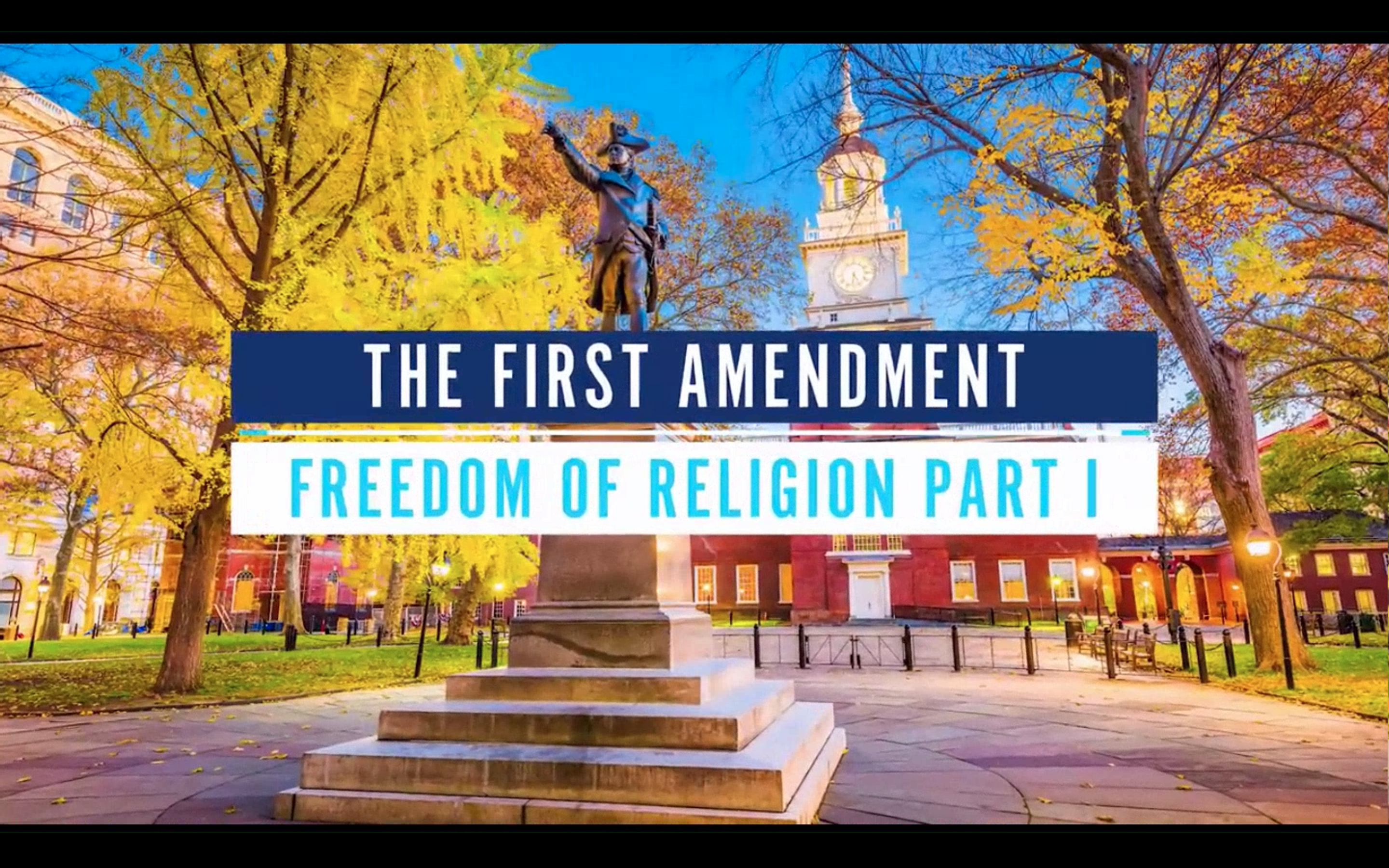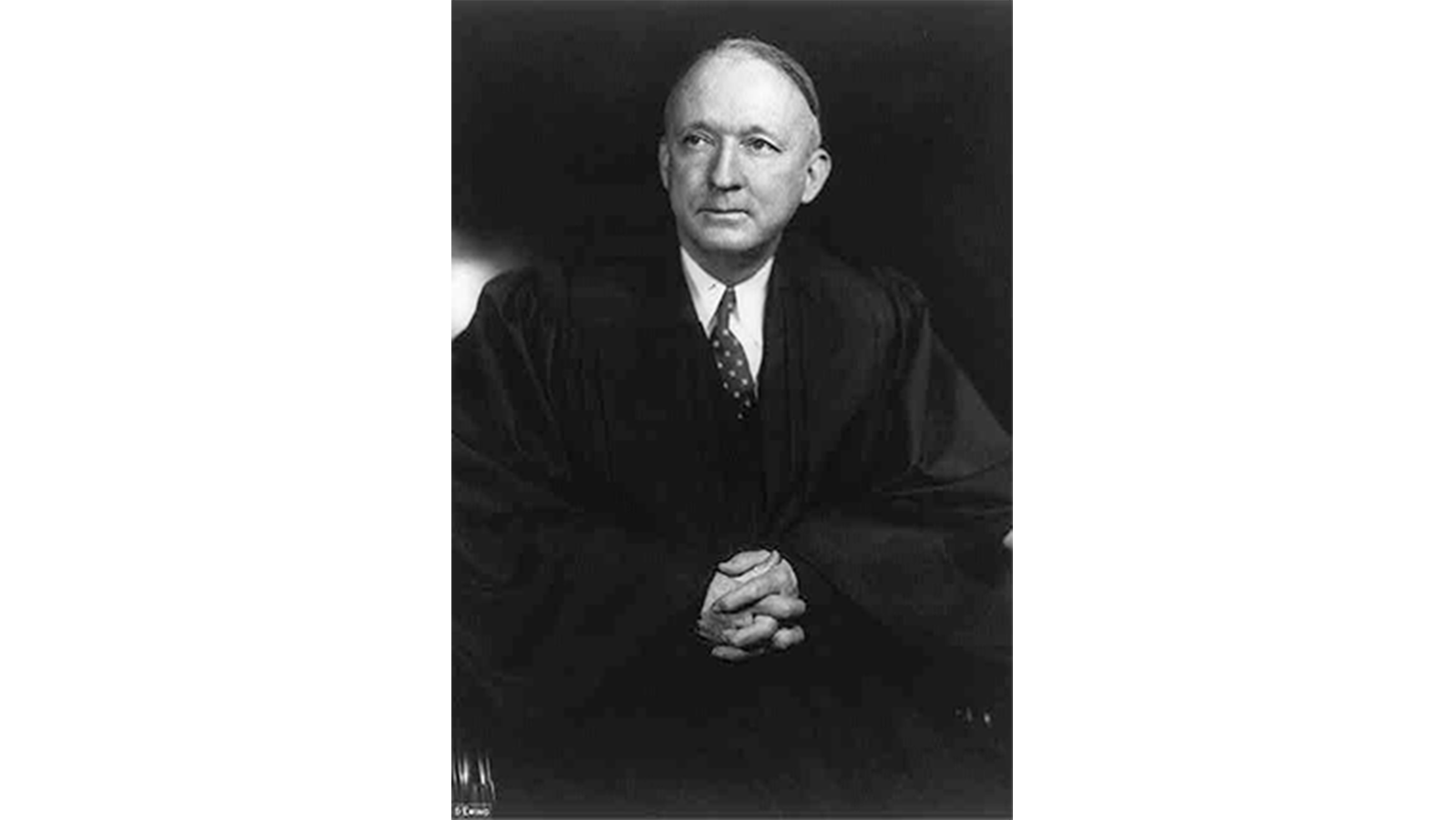Classroom Resources By Topic
First Amendment: Religion - Establishment Clause

Introduction
"Congress shall make no law respecting an establishment of religion, or prohibiting the free exercise thereof . . . ."
The Establishment Clause which prohibits the government from establishing or creating a religion in any way—that’s why we don’t have an official religion in the United States.
Why did the Founding generation write protections for religious liberty into the First Amendment?
What is the Establishment Clause? What was the Founders’ vision for this provision of the First Amendment? And how has the Supreme Court interpreted it over time?
What are some of the most important areas of constitutional debate over religious liberty today?
Videos: Recorded Classes
|
First Amendment: Religion |
First Amendment: Religion |
Constitution 101
Module 10: The First Amendment
Explore the Establishment Clause
Interactive Constitution
Writing Rights
The history and meaning of the Establishment Clause
Marci Hamilton and Michael McConnell join National Constitution Center president Jeffrey Rosen to explore the application of the First Amendment’s Establishment Clause during the holiday season.
Vouchers, Prayers, and Religion in American Schools
Understanding the Supreme Court’s opinions in two recent First Amendment cases.
Supreme Court eager to decide major religion case
The Supreme Court on Wednesday sent a very strong hint that it is eager, maybe even passionately so, to decide one of history’s most important cases on dealings between religion and government.

The Justices’ faith and their Religion Clause decisions
After a recent television discussion of the religion decisions by the U.S. Supreme Court in the just-ended term, a viewer wrote in asking why the news media kept referring to decisions by the “conservative majority” when they really were made by the “Catholic majority” on the court. Was the news media afraid to make the connection?










